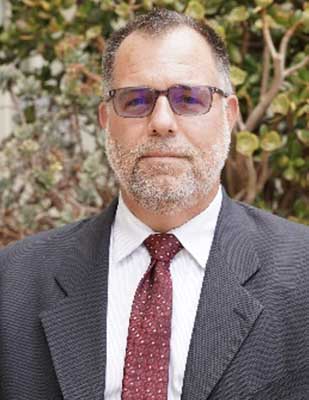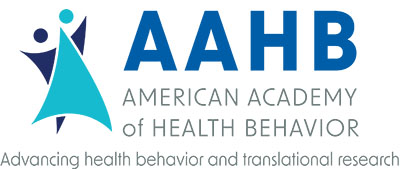|
Fellows Class of 2021
 Julie M. Croff, PhD, MPH, FAAHB
Julie M. Croff, PhD, MPH, FAAHB
Oklahoma State University
Dr. Croff is the Executive Director of Clinical and Population Research at the National Center for Wellness and Recovery and a Professor in the Department of Rural Health at Oklahoma State University Center for Health Sciences. Previously, she served as the founding Director of the MPH program at Oklahoma State University. Dr. Croff’s research focuses on perinatal substance use and co-occurring exposures among diverse cohorts of women. She is currently the Principal Investigator of the planning phase of the HEALthy Brain and Child Development (HBCD) study, a longitudinal research project which seeks to better understand the role of prenatal exposures on neurodevelopment. A COVID-19 study, which seeks to understand how social and economic consequences of COVID-19 response affect mothers with substance use disorders, compared to those without substance use disorders. Dr. Croff has published widely in the area of alcohol and other drugs, across vulnerable populations. She received her PhD in Public Health, with emphasis on health behavior, from the joint program at the University of California San Diego and San Diego State University. She received her Master of Public Health with emphasis on Social and Behavioral Sciences from Boston University, and her Bachelors in Biology from San Diego State University.
 Mark B. Reed, PhD, FAAHB
Mark B. Reed, PhD, FAAHB
San Diego State University
Dr. Reed is the Interim Associate Vice President of Research Operations in the Division of Research and Innovation at San Diego State University. Prior to this appointment, Dr. Reed served as the Associate Dean for Research in the College of Health and Human Services. Dr. Reed’s research focuses on alcohol use etiology and prevention, Screening, Brief Intervention, and Referral to Treatment (SBIRT) approaches to alcohol misuse, as well as issues pertaining to faculty diversity, equity, and inclusion. He is currently an MPI of the SDSU FUERTE program, which was funded through the NIH Faculty Institutional Recruitment for Sustainable Transformation (FIRST) program. The goal of the FIRST program is to increase and sustain inclusive excellence in biomedical research. Dr. Reed is also a founding faculty member in the SDSU/UCSD Interdisciplinary Research on Substance Use doctoral program in the School of Social Work and is a Professor of Public Health. He is well published in top substance use/public health journals and has served as Principal Investigator, Co-Principal Investigator, or Co-Investigator on grants and contracts funded by the National Institutes of Health, the Congressionally Directed Medical Research Program, California Tobacco-Related Disease Research Program, the Flight Attendants Medical Research Institute, and The Ohio State University. He is a past-President of AAHB as well as the past Co-Editor-in-Chief for the International Journal of Alcohol and Drug Research. Dr. Reed is also the recent recipient of the 2020 SDSU Alumni Association Award for Outstanding Faculty Contributions to the University.
 Erika S. Trapl, PhD, FAAHB
Erika S. Trapl, PhD, FAAHB
Case Western Reserve University
Dr. Erika Trapl is an Associate Professor of Population and Quantitative Health Sciences and Director of the Prevention Research Center for Healthy Neighborhoods at Case Western Reserve University. She also serves as the Associate Director of Community Outreach and Engagement at the Case Comprehensive Cancer Center. Dr. Trapl is trained in Epidemiology with a focus on health behavior and statistical methodology. She has more than 15 years of experience leading as Principal Investigator or serving as a Co-Investigator on funded research projects and has served as a co-investigator on more than a dozen federally funded grants or contracts; almost all of these have been executed with a community-based partner. She has an extensive history in community-based tobacco control research and evaluation, with specific interest in alternative tobacco product use among adolescents and young adults. Dr. Trapl’s interests extend to tobacco use, dietary interventions, and screening behaviors among other vulnerable populations, as well as examining implementation of individual, systems, and policy interventions to identify opportunities to increase reach, broaden impact, and improve health.

